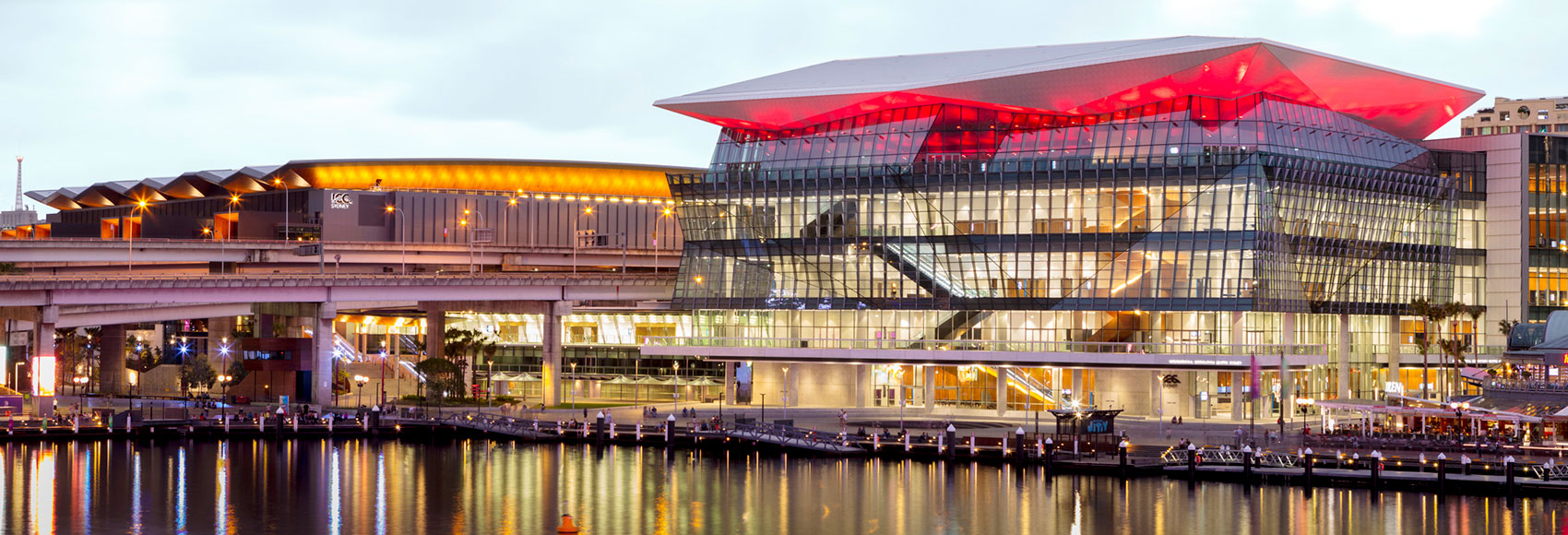Last week, I had the honour of presenting to Tourism Accommodation Australia’s Sydney hotel General Managers in partnership with Business Events Sydney. It was a productive and open discussion about our city’s rapidly growing visitor economy and the hotel revolution on our doorstep.
In light of recent news out of the Perth hotel market, key to the discussion was addressing the role venues like ICC Sydney play in helping to drive demand and the shared need to address long term capacity issues in the Sydney market in particular.
The recent opening of the A$350 million Sofitel Sydney Darling Harbour adjacent to ICC Sydney is an important reminder that in our city, a hotel development revolution has started.
Indeed, according to figures released by Tourism Accommodation Australia, a staggering A$2.3 billion of hotel projects have also been approved for Sydney, with a further A$1.9 billion of projects proposed and in the advanced stages of planning. This equates to 3,000 rooms that are scheduled to open within the next four years, with many more developments in the pipeline.
With Sydney hotels presently running at an 86.9 per cent occupancy rate, up 4.2 per cent year-on-year, and ICC Sydney aiming to host 1,000 events annually by its third year of operation, it is more crucial than ever before that substantial hotel room blocks are opened up in advance. This is also crucial in helping to secure bids for international and national events.

